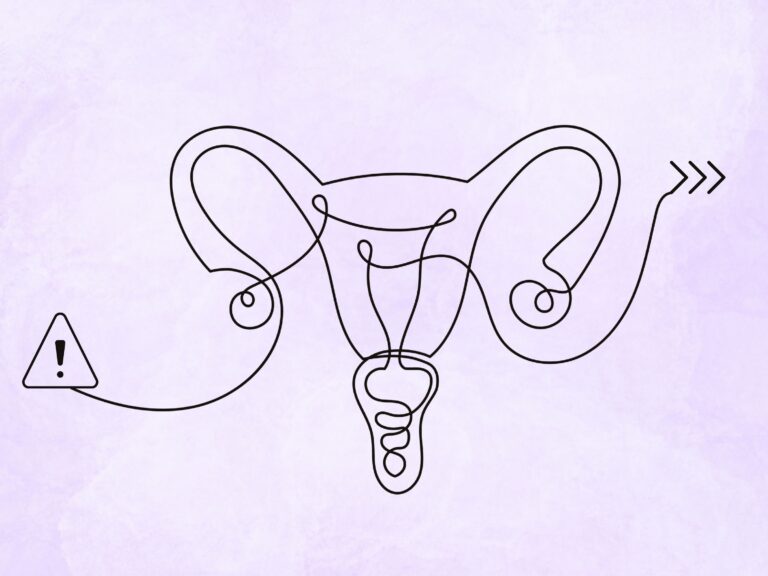

Edmondo Robinson was named senior vice president and chief digital innovation officer at Moffitt Cancer Center.
Robinson, who brings over 16 years of clinical and technology experience to Moffitt, will oversee Moffitt’s portfolio of digital innovation, including the development and commercialization of health products, tools and technology. With this new role, Moffitt aims to create and test new services, programs, partnerships and technologies that leverage digital innovations, while challenging the status quo to reduce the cost of care, improve quality, increase access to care and enhance the patient experience.
Previously, Robinson was the chief transformation officer and senior vice president of consumerism at ChristianaCare, where he was responsible for the transformation of health care delivery to advance population health initiatives and the move from volume-based to value-based care.
Robinson is an associate professor of medicine at Thomas Jefferson University’s Sidney Kimmel Medical College. He holds a medical degree from UCLA; an MBA from The Wharton School of the University of Pennsylvania; and a master’s degree in health policy research also from the University of Pennsylvania.











